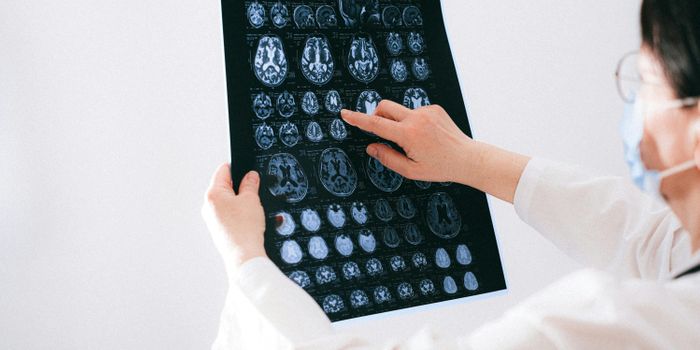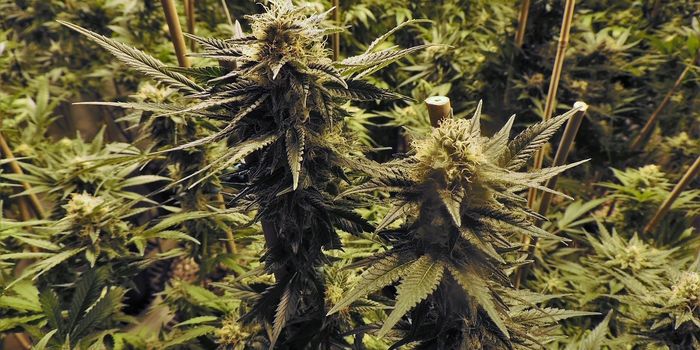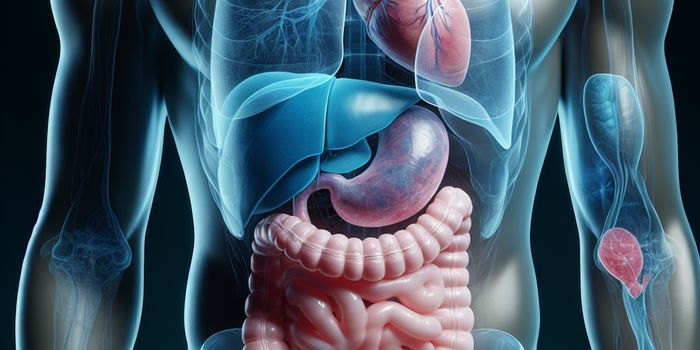Balancing the Benefits and Side Effects of the Cannabis 'High' for Effective Symptom Relief
A new article published in Frontiers in Pharmacology by the University of New Mexico researchers found that the pros may not outweigh the cons when seeking symptom relief with medical cannabis.
The study, composed of about 2000 individuals, tracked medical cannabis usage sessions and recorded positive ‘highs’ and negative side effects. The senior author of the paper Jacob Vigil (Associate Professor of Psychology at the University of New Mexico), described the study’s goal as one aimed at how the cannabis-induced ‘high’ can be defined within a medical setting. He stated, “Feeling ‘high’ is poorly defined in the scientific literature, but is generally associated with both impairment and feelings of euphoria…Typically, feeling ‘high’ is assumed to be the goal of recreational use, but a limitation to cannabis’ therapeutic potential. In this paper, we test the validity of this assumption and find that feeling ‘high’ may be an unavoidable component of using cannabis medicinally.”
49% of the 2000 participants who used cannabis medicinally in this study reported experiencing a ‘high’ which they described positively as “chill” and “happy.” The researchers observed these highs and recorded impairments like clumsiness, confusion, dizziness, brain fog, paranoia, and the feelings of happiness, gratefulness, and general optimism reported by the participants. On the other hand, they also reported more negative effects like “dry mouth” and “red eyes.”
When controlling for levels of CBD and THC, they found that a greater feeling of being high directly correlated to symptom relief in a medical setting. This suggests that the ‘high’ of cannabis use is important for medical symptom relief and should be expected, not avoided, in a clinical setting.
Interestingly, the study's results also found that getting high did not help patients over 40 years old with their symptom relief as much as the younger groups. First author Sarah Stith (Department of Economics, University of New Mexico) notes that the results of this study “suggest that the future of cannabis-as-medicine lies in highly customized treatments rather than the conventional pharmaceutical model of standardized dosing for most patients.”
Finally, it’s noted that higher doses of THC do not alter how ‘high’ a person may feel but that it does increase the negative side effects commonly associated with cannabis usage. The study recommends that researchers consider THC dosage when considering patient medicine non-compliance and patient outcomes.
Sources: Frontiers in Parmacology, UNM Newsroom









